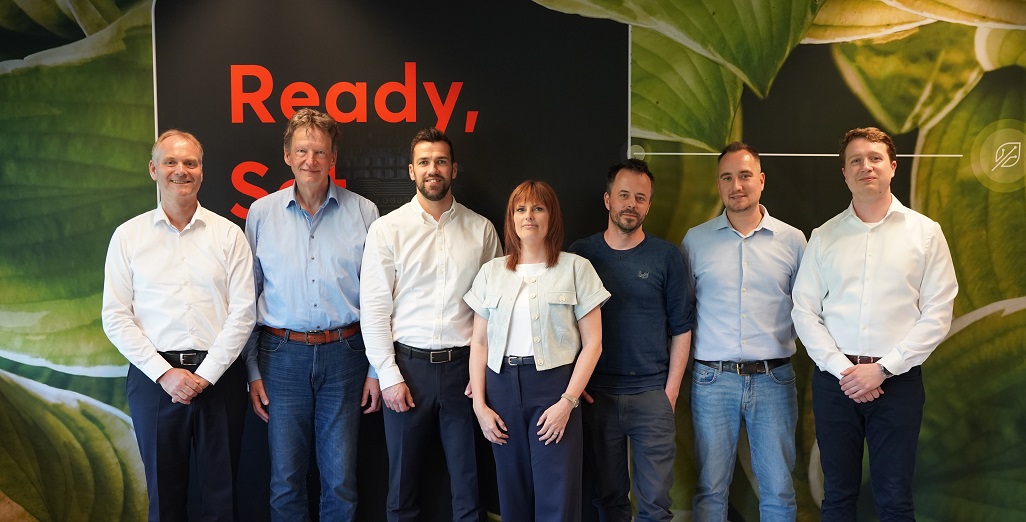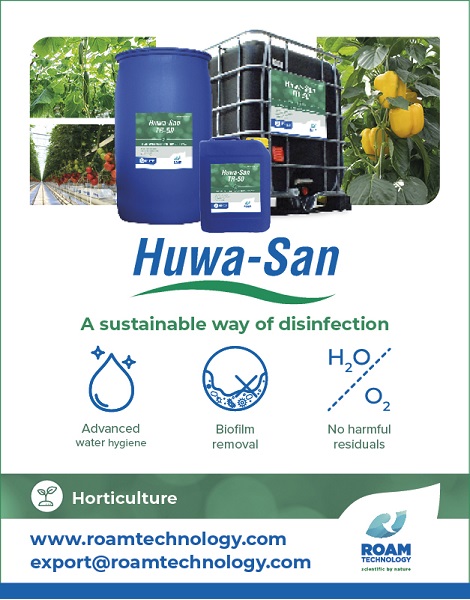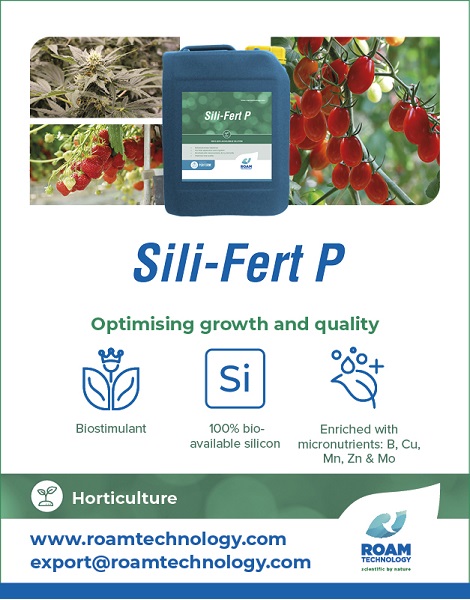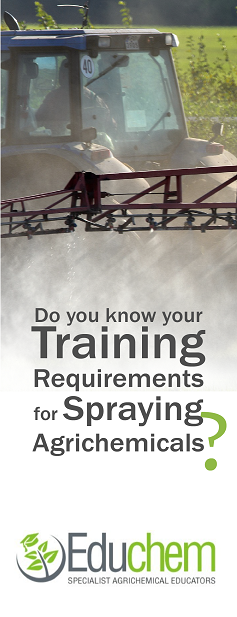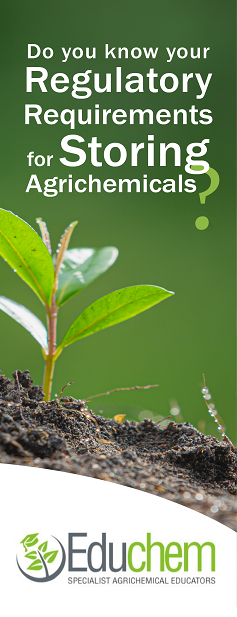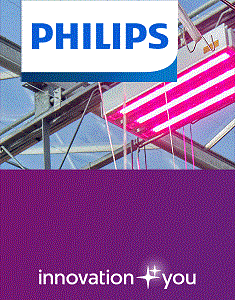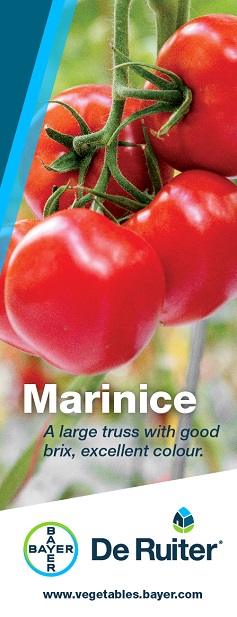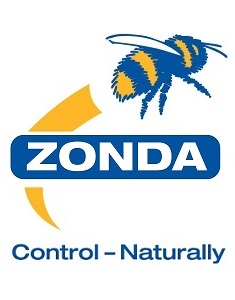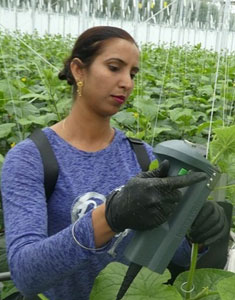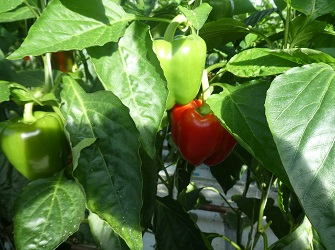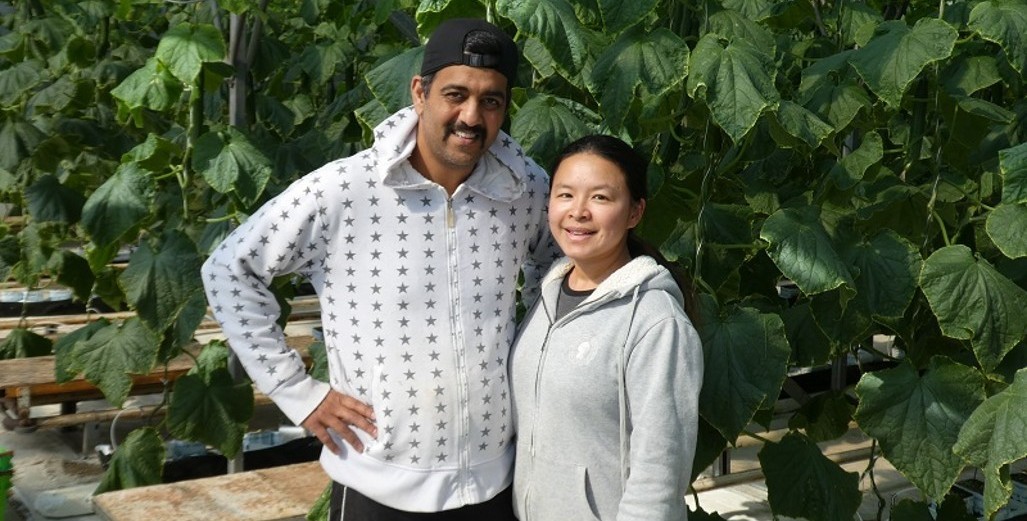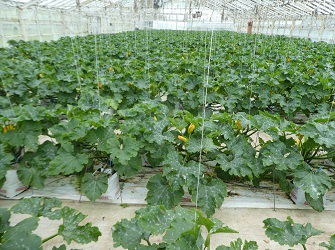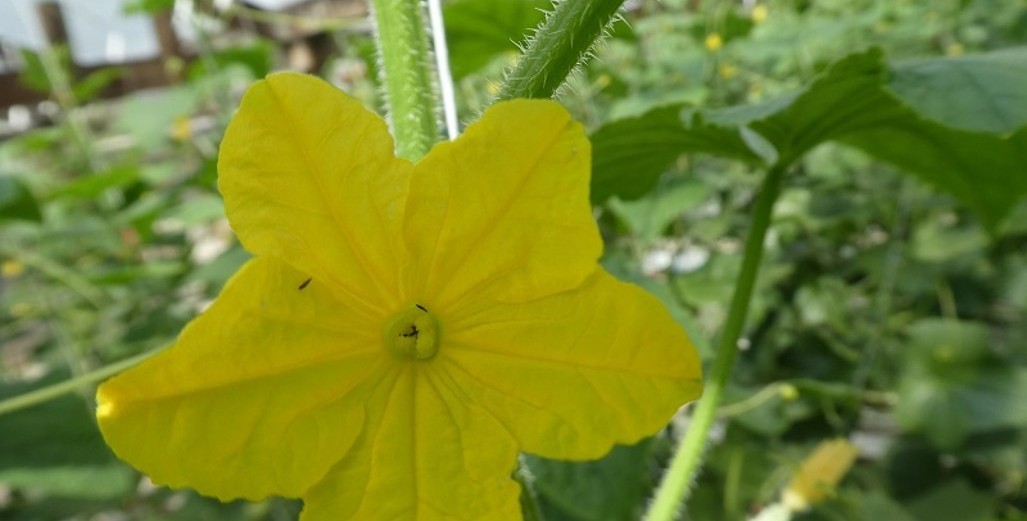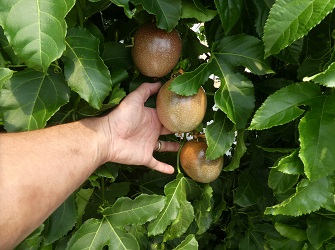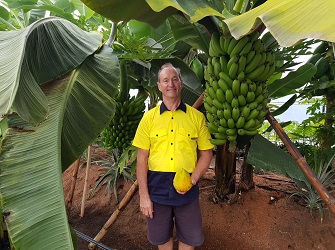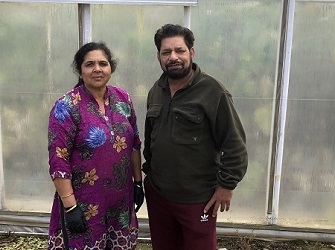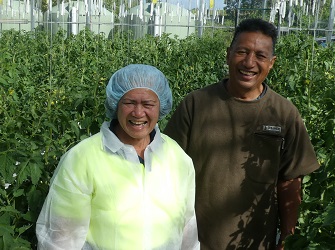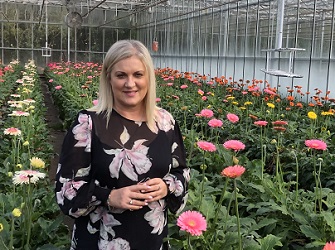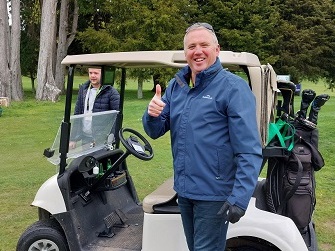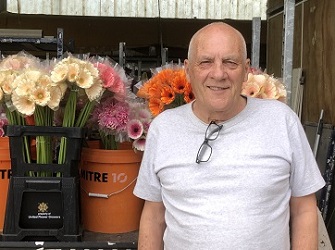Sign up here to subscribe to the Grower2grower Ezine. Every two weeks you will receive new articles, specific to the protected cropping industry, informing you of industry news and events straight to your inbox.
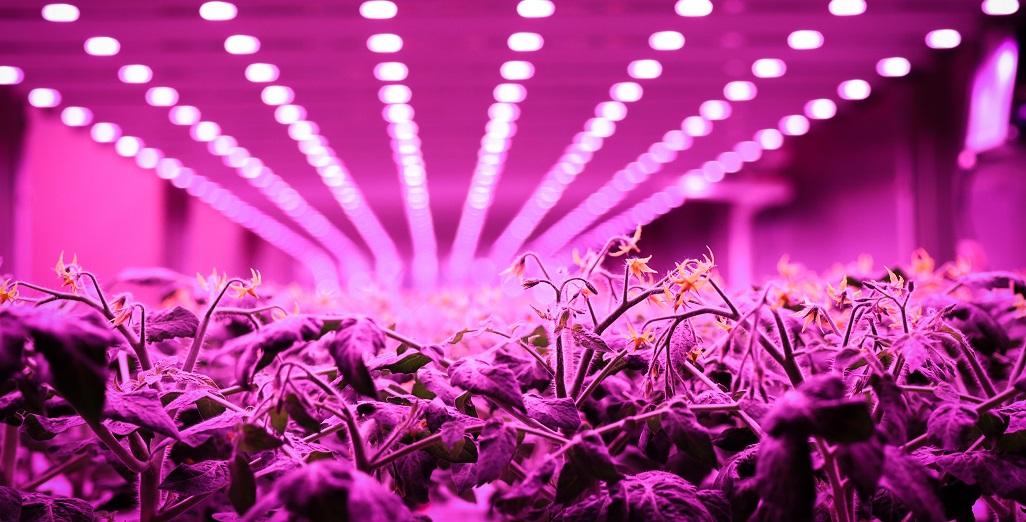
Innovative automation and digitization technologies are increasingly helping to make cultivation more productive and efficient, and to improve the interaction between hardware and software.
The rise of vertical farming is a striking development in plant cultivation around the world. Until now, the emphasis has often been on producers developing their “own” cultivation concepts for herbs and leafy crops. However, Anne Jancic, segment marketer for vertical farming for the Philips LED solutions for horticulture at Signify, expects vertical farming will develop in the next decade into a strong, full-fledged sector, in which producers, suppliers and supply chain partners work together more closely. According to her, such collaboration is needed to add momentum to two things: the development of digital, intelligent and automated cultivation and the introduction of new product/market combinations with special added value.
Optimization through automation and digitization
Vertical farming is capital and energy intensive compared to outdoor or greenhouse cultivation. As a result, the cost price of the product is usually higher. Innovative automation and digitization technologies are increasingly helping to make cultivation more productive and efficient, and to improve the interaction between hardware and software. This gives the grower the opportunity to gain better insight into processes, coordinate them and improve the entire farm. From sowing seed to packaging and from orders to stock management. In this optimization process, the input of technology and knowledge by strategic partners from the supply industry and the sales chain is given more space and impact than in the past. This means that successful concepts and possibly other business models will be scaled up at an accelerated pace.
New product/market combinations
The long-term perspective for vertical farming remains positive. The number of consumers who are willing to pay a little more for fresh, tasty and vitamin-rich food that fits into a healthy diet is growing every year. Complete control over the growing conditions, independent of the location, including the light spectrum and intensity that is offered, allows to affect the growth rate, plant architecture and shelf life of crops, and also to emphasize specific elements, such as vitamins, minerals and flavor components, to a greater or lesser extent. “For example, with Philips LED lighting, we have already succeeded in growing arugula with twice as much vitamin C, bok choy with more vitamin K and dietary fiber, and strawberries with a higher sugar content. Cultivating to generate certain compounds is not only of interest for the food industry, but also for other applications, such as the biochemical and cosmetic industries,” Jancic adds. “There are numerous opportunities for product range and market expansion, including in market segments that don’t necessarily revolve around edible crops. For example, growing crops with compounds that have special health, medicinal, aromatic or cosmetic properties.”
The outlier becomes mainstream
Due to the strong increase in vertical farms for the cultivation of herbs, leafy crops and soft fruit, you might almost forget that starting material has been propagated and grown in fully conditioned cultivation rooms for decades. The growth potential in this market segment is still incredibly high, and it will also be used to meet the increasing demand for guaranteed disease-free, uniform and strong starting material. For example, shorter cultivation cycles, faster initial harvests and/or less crop handling in the beginning can have a positive impact on later cultivation in a greenhouse or outdoors. As a result, vertical farming will quickly shake off its image as an outlier and be recognized as a mainstream segment for vegetable production.
Long-term knowledge partner
Jancic: “As a global market leader in horticultural lighting, we invest structurally in researching crop optimization using Philips LED technology. This is done in the Philips GrowWise Research Center in Eindhoven, at independent research institutes such as Wageningen University & Research, and in practical settings at our customers’ locations. We enjoy sharing the knowledge, insights and experiences we have gained with our business partners. It facilitates faster refinement of autonomous cultivation concepts and business models, efficient cooperation within the chain, and makes scaling up easier and less risky. As a market leader and pioneer in crop and variety-specific light and growth recipes, this makes us a valuable long-term partner.”
 Anne Jancic has been Signify’s international segment marketer for vertical farming since the beginning of 2022. She has been working in horticulture for 15 years, since she graduated with degrees in business administration and marketing. Her experience in innovative business development, with a strong focus on long-term solutions, is highly valued by her business partners.
Anne Jancic has been Signify’s international segment marketer for vertical farming since the beginning of 2022. She has been working in horticulture for 15 years, since she graduated with degrees in business administration and marketing. Her experience in innovative business development, with a strong focus on long-term solutions, is highly valued by her business partners.
For further information, please contact:
Philips horticulture LED solutions by Signify
Daniela Damoiseaux – global marcom manager
Tel: +316 40578311
E-mail:Daniela.damoiseaux@signify.com
About Signify
Signify (Euronext: LIGHT) is the world leader in lighting for professionals and consumers and lighting for the Internet of Things. Our Philips products, Interact connected lighting systems and data-enabled services, deliver business value and transform life in homes, buildings and public spaces. In 2021, we had sales of EUR 6.9 billion, approximately 37,000 employees and a presence in over 70 countries. We unlock the extraordinary potential of light for brighter lives and a better world. We achieved carbon neutrality in 2020, have been in the Dow Jones Sustainability World Index since our IPO for six consecutive years and were named Industry Leader in 2017, 2018 and 2019. News from Signify is located at the Newsroom, Twitter, LinkedIn and Instagram. Information for investors can be found on the Investor Relations page.
New Zealand Contact:
Graeme Neale
Business Development Manager
Specification, Systems and LED Agriculture Solutions
Mobile + 64 21 2254526
Email graeme.neale@signify.com
Level 3, 123 Carlton Gore Road,
Newmarket, Auckland 1023

Australian Contact:
Aart Slobbe
Account Manager Horticulture LED Solutions
+ 61 448 881 338
Email aart.slobbe@signify.com
Suite 022, 44 Lakeview Drive
Scoresby, VIC 3179, Australia

About Signify
Signify (Euronext: LIGHT) is the world leader in lighting for professionals and consumers and lighting for the Internet of Things. Our Philips products, Interact connected lighting systems and data-enabled services, deliver business value and transform life in homes, buildings and public spaces. With 2020 sales of EUR 6.5 billion, we have approximately 38,000 employees and are present in over 70 countries. We unlock the extraordinary potential of light with smart lighting solutions that improve quality of life, and by working towards a sustainable future. We became a carbon-neutral company in 2020, since our stock market listing, we have been in the Dow Jones Sustainability World Index for four years in a row and were named Industry Leader in 2017, 2018 and 2019. News from Signify is located at the Newsroom, Twitter, LinkedIn and Instagram. Information for investors can be found on the Investor Relations page.
For all media releases please send to marie@grower2grower.co.nz or upload directly: https://www.grower2grower.co.nz/article-form/
CLASSIFIED
Photo
Gallery
Subscribe to our E-Zine
More
From This Category
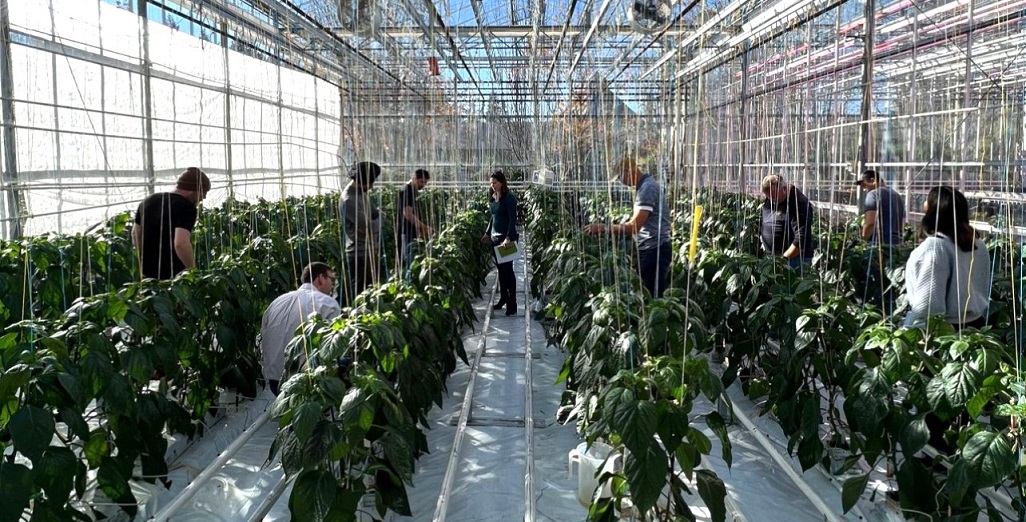
Increasing year-round Capsicum yields through advanced LED lighting

Signify helps Agtira to bring locally grown cucumber to Swedish market
Dimmable Philips LED top-lighting fixtures support maximum efficiency and better use of energy
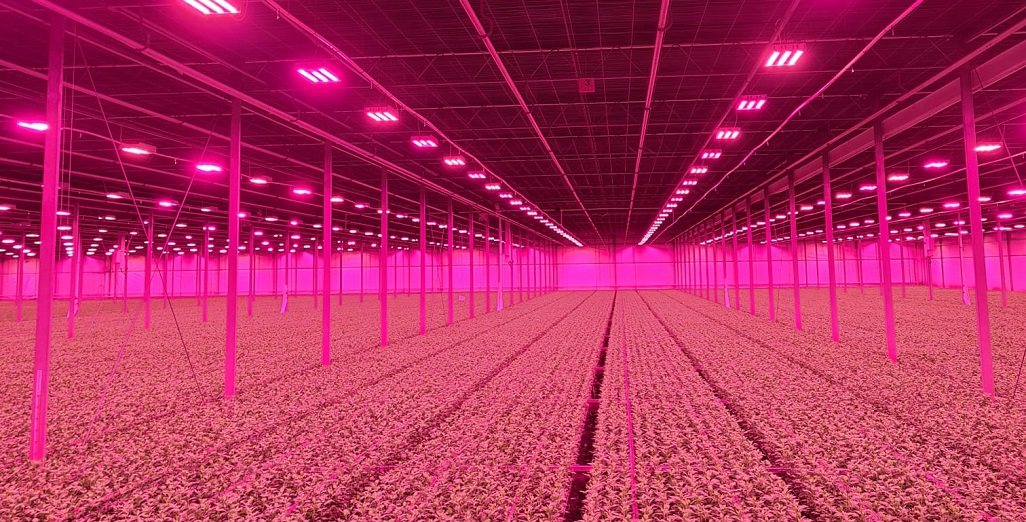
Integration of Philips GrowWise control system with climate computer allows Huisman Chrysanten to light more effectively and efficiently
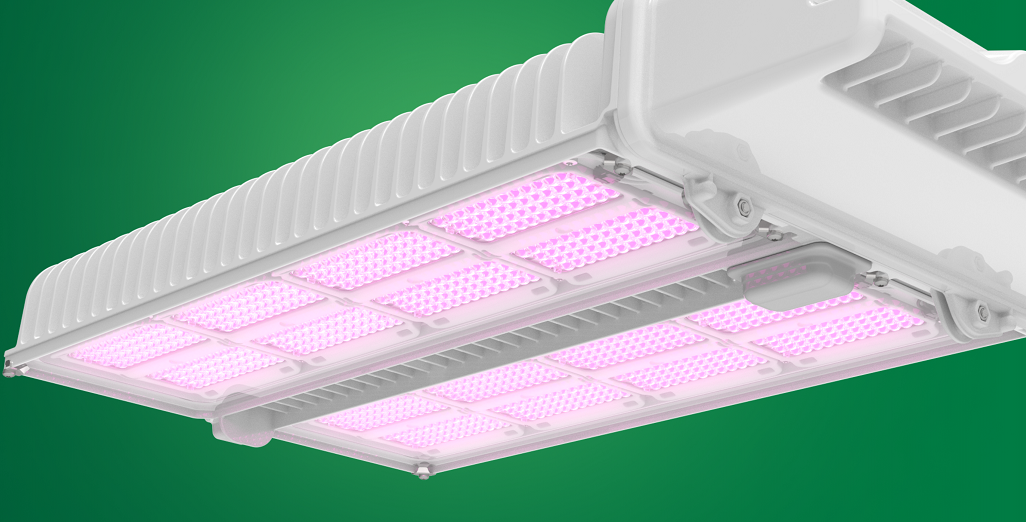
New Philips GreenPower LED toplighting force 2.0
